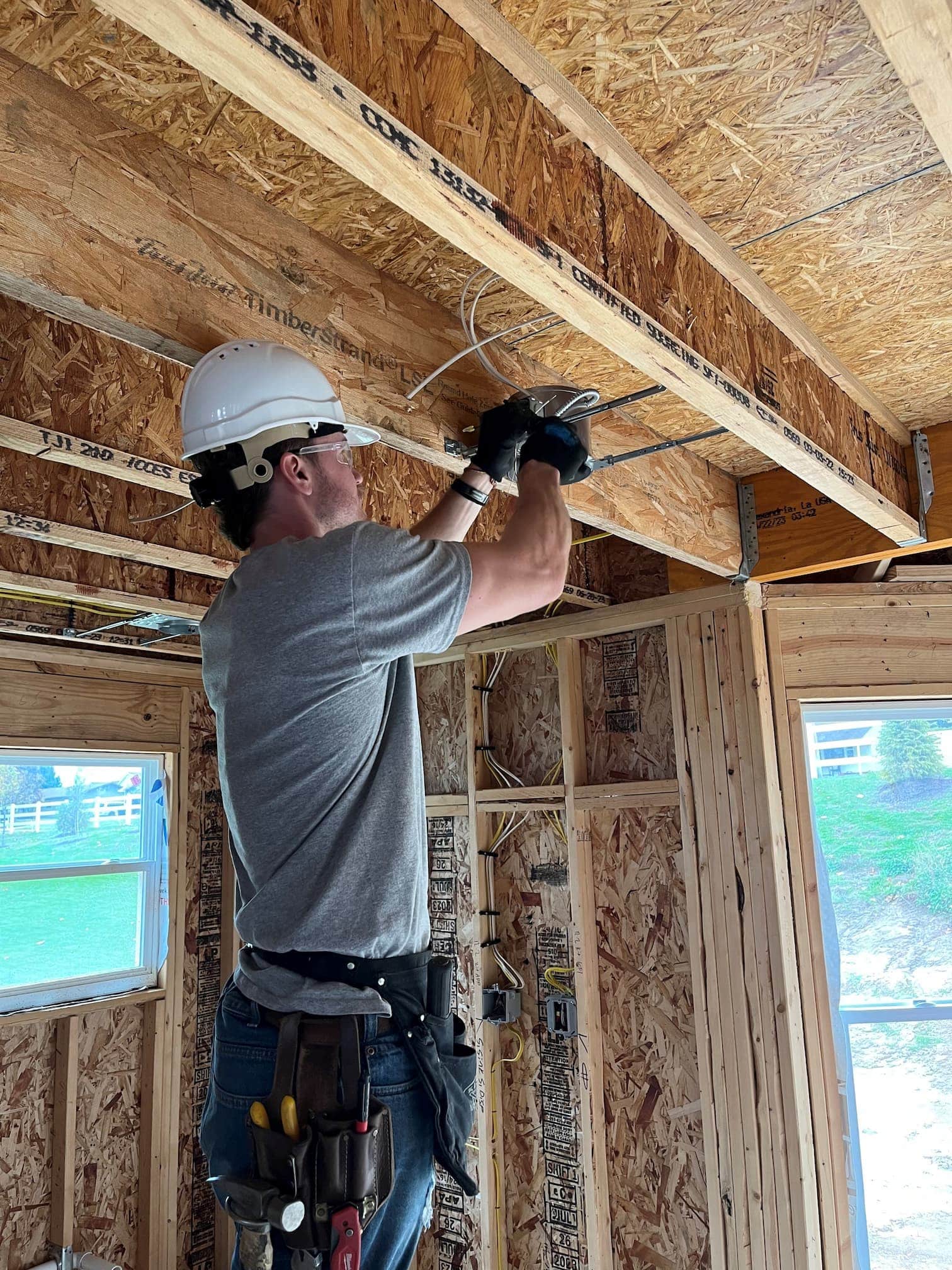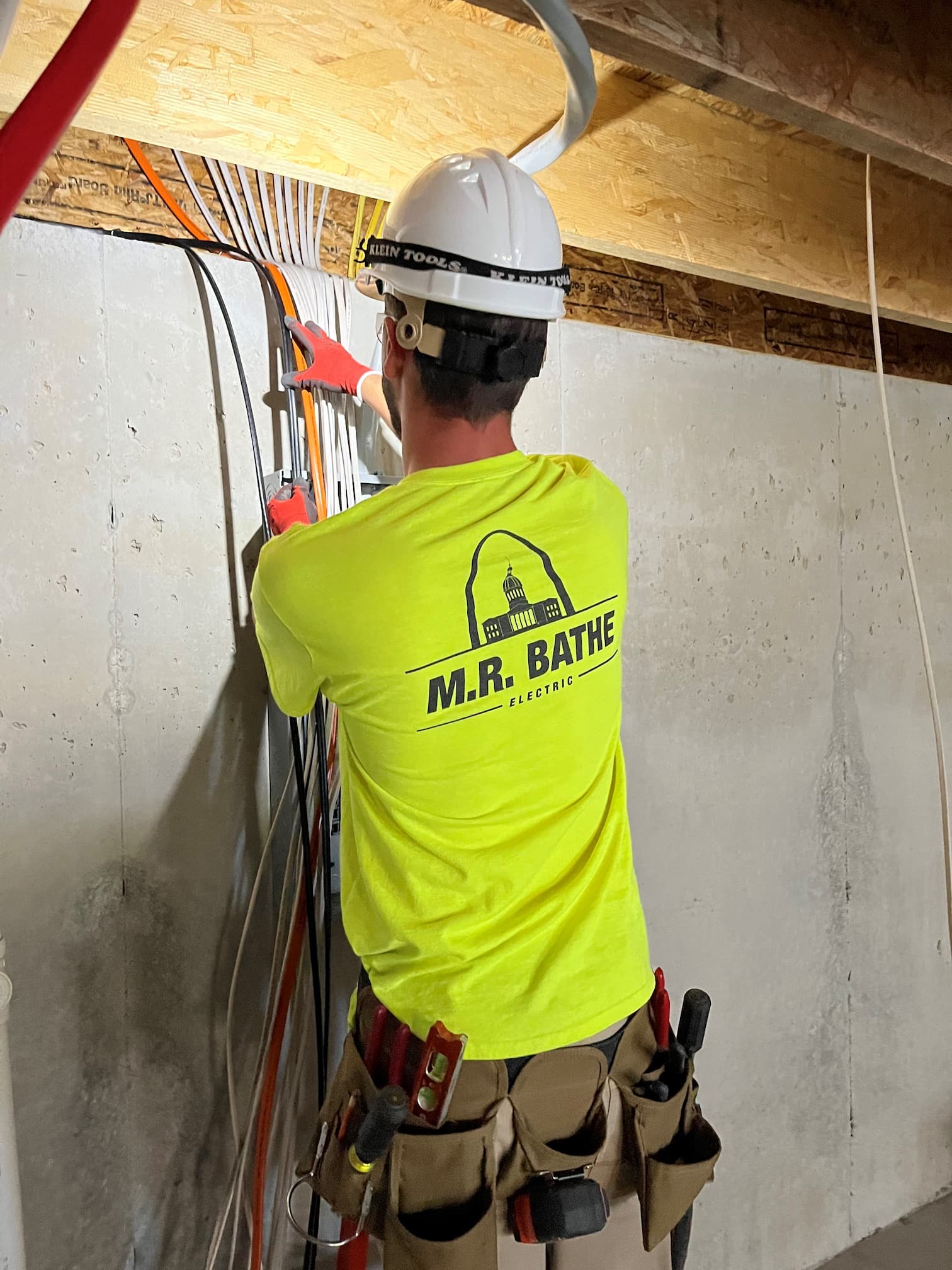Residential Electrical Services for New Home Construction and Remodeling Projects

When it comes to new home construction and remodeling projects, one of the most critical aspects is the electrical system. Modern living heavily depends on electricity, making the design, installation, and maintenance of residential electrical services an essential consideration. This article will delve into the key aspects of residential electrical services for both new home construction and remodeling projects, highlighting their importance, planning, safety measures, and technological advancements.

Importance of Residential Electrical Services
In today's digital age, electricity powers almost every aspect of our lives. From lighting and heating to entertainment systems and kitchen appliances, a properly designed and installed electrical system is indispensable. New home construction and remodeling projects offer an opportunity to create a safe, efficient, and convenient living environment by integrating modern electrical solutions.
Planning and Design
Before any construction or remodeling begins, meticulous planning and design of the electrical system are crucial. This phase involves collaboration between homeowners, architects, contractors, and electricians. Key considerations include:
Load Calculations:
Determining the expected electrical load in terms of lighting, appliances, HVAC systems, and other electronics to ensure the system can handle the demand without overloading.
Placement of Outlets and Fixtures:
Strategically placing electrical outlets, switches, and light fixtures to ensure convenient access while maintaining aesthetics.
Circuit Layout:
Designing circuits that distribute power evenly throughout the home, reducing the risk of overloads and minimizing voltage drops.
Safety Measures:
Incorporating safety features such as Ground Fault Circuit Interrupters (GFCIs) and Arc Fault Circuit Interrupters (AFCIs) to prevent electrical hazards.
Installation Process
The installation phase is where the plans come to life. Experienced electricians play a vital role in ensuring the proper execution of the electrical design. This phase includes:
Wiring and Conduits:
Running electrical wires through conduits, both concealed within walls and exposed, following safety codes and guidelines.
Panel Installation:
Installing the electrical service panel that houses circuit breakers or fuses, controlling the distribution of power to different parts of the house.
Fixture Installation:
Mounting and connecting light fixtures, ceiling fans, outlets, switches, and other electrical devices.
Safety Precautions
Safety should always be a top priority in residential electrical projects. Proper grounding, use of appropriate wiring materials, and adherence to electrical codes are imperative to prevent hazards like electrical shocks and fires. Working with licensed and certified electricians is essential to ensure the safety and compliance of the project.


Remodeling Projects
Electrical considerations are also essential when renovating or remodeling a home. Updating outdated wiring, improving lighting design, and integrating new technologies are common goals during such projects. Proper planning and working closely with electricians ensure that the existing electrical system is compatible with the new changes.
In new home construction and remodeling projects, residential electrical services are a foundational element that should not be overlooked. The proper design, installation, and maintenance of electrical systems ensure a safe, efficient, and technologically advanced living space. Collaboration between homeowners, architects, contractors, and electricians is crucial to realizing a well-executed electrical system that meets the demands of modern living. By prioritizing safety, adhering to codes, and leveraging technological advancements, homeowners can enjoy a comfortable and energy-efficient home for years to come.
Advancements in Technology
Residential electrical systems have evolved with technological advancements, providing homeowners with increased energy efficiency, convenience, and automation. Some notable advancements include:
Smart Home Integration:
The ability to control lighting, HVAC, security systems, and more through smartphones and voice-controlled devices.
Energy-Efficient Lighting:
LED lighting solutions that consume less energy and have a longer lifespan compared to traditional incandescent bulbs.
Home Energy Monitoring:
Advanced systems that enable homeowners to monitor and manage their energy consumption in real time.
Let's work together today!
Contact our team to get started on your new construction or remodeling project! Our team will reach out to schedule an appointment to review your project specs and create a timeline for completion!



